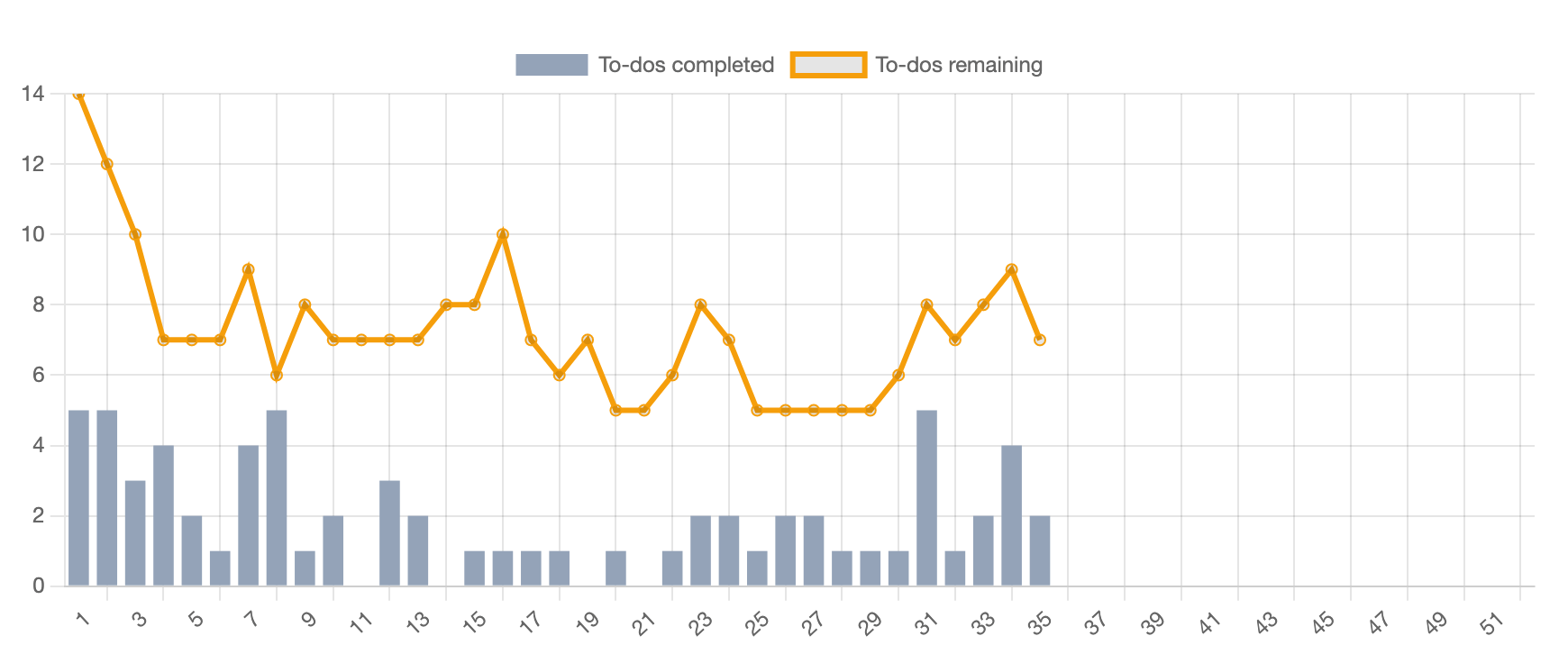To-dos ruin your life
Posted on: 5 September 2023
To-dos. I think most people have a love/hate relationship with to-dos. They’re a great way of organising what’s in your mind into a salient list of achievable goals. God help me remembering this stuff if I didn’t write it down.
But the dark side of to-dos is the accumulation of mental debt. If you relied purely on your memory to remember tasks, there’s a good chance those tasks that are no longer relevant would drop out of your head. But in a structured to-do list, they’re always there. Etched into your subconscious and a constant reminder every time you check your list. Both a blessing and a curse.

I have several of these kind of tasks. Added months ago, perpetually on the back-burner until I’m compelled to finally tackle it. And I don’t think I’m alone. We all have niggly jobs we know need fixing but can’t bring ourselves to schedule. They don’t cause any real day-to-day pain, they just need doing at some point.
This is a problem. Or it certainly feels like one. But is it a system problem, or a personality trait? How do you ensure long term, non-essential tasks get completed? Maybe scheduling several of them into a specific day in the future. However this relies on a level of enthusiasm on the day to complete, and assuming there are no blockers to completing the task. Are some people just better at churning these tasks out? Is this a habit of a Highly Effective Person (I still need to read that book).
There’s an interesting parallel with issues in software and an approach I approve of: If a reported issue has had no activity in a set period of time, automated processes will close the issue, deeming it to be unimportant. If it turns out to be important in the future, it’ll get re-issued and the process begins again.
I really like this approach. A small, anally-retentive part of me squirms at the idea of closing “active” issues. But that feeling quickly dissipates when the action invariably results in zero consequences.
There's also a notion in software issue tracking of "wontfix" (translation: this is an issue, but I don't intend to fix it). That is, in an ideal world, this could do with resolving, but in reality, this is not a big enough problem to warrant my time.
Perhaps to-dos lists are essential in our overloaded modern lives, which we fill with leisure, work, home and family commitments. There’s always house maintenance, gifts to buy, purchases to research, and applications to fill in. But perhaps we should be a little more lenient on ourselves and our goals. Few things in life are essential.
Is the entire notion of a backburner-list just a continual reminder you're a little bit lazy?